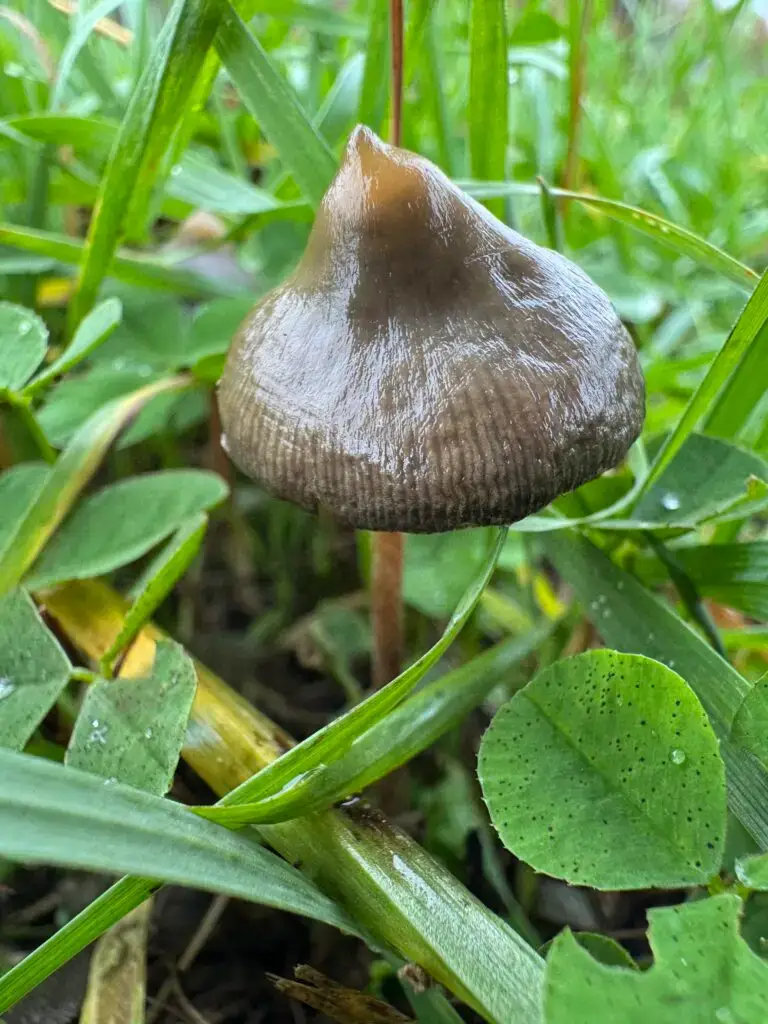
Psilocybe semilanceata: A Mycological Profile of the Liberty Cap Mushroom
Among all species in the Psilocybe genus, Psilocybe semilanceata, commonly
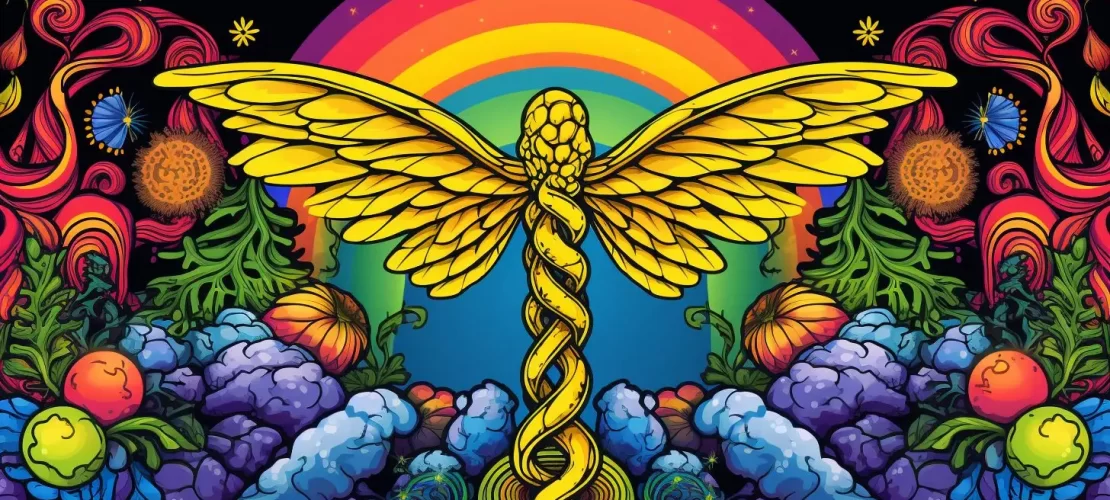
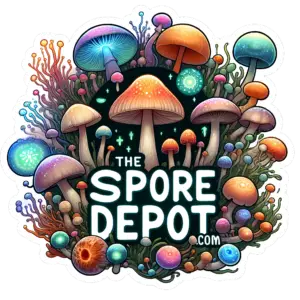
The tantalizing world of psychedelics, including psilocybin, LSD, and MDMA, has sparked a remarkable resurgence of interest in recent years. These mind-altering substances have captivated researchers and seekers alike, enticing them to explore the untapped potential of psychedelic medicine. In this comprehensive article, we embark on a captivating odyssey to illuminate the current state of medical use concerning psychedelics, delving into their multifaceted history, potential therapeutic applications, and the dynamic landscape of psychedelic research.
Psychedelic drugs, a subcategory of hallucinogens, transport individuals on extraordinary journeys through altered states of perception and cognition. These potent substances exert their effects by disrupting the normal functioning of brain circuits responsible for mood, thought, and sensory perception.
Some well-known examples of psychedelic drugs include:
As the horizons of mental health treatment expand, psychedelics emerge as compelling candidates for therapeutic intervention. Preliminary clinical trials have yielded encouraging results, suggesting that these compounds may hold promise in the treatment of treatment-resistant depression, anxiety, and post-traumatic stress disorder (PTSD).
For instance, a groundbreaking study published in the Journal of Psychopharmacology demonstrated that psilocybin-assisted therapy effectively alleviated depression and anxiety symptoms in cancer patients. In another milestone, the New England Journal of Medicine unveiled that a solitary dose of psilocybin significantly ameliorated depression and anxiety symptoms in individuals grappling with treatment-resistant depression.
However, as we venture into this nascent realm of psychedelic medicine, a measure of caution is paramount. Further research is indispensable to comprehending the long-term safety and efficacy of these treatments. Psychedelics, with their profound effects, harbor inherent risks and side effects, necessitating administration under the guidance of qualified medical professionals in controlled and supportive settings.
The resurgence of interest in psychedelic research has given rise to a pioneering approach known as psychedelic-assisted therapy. This novel therapeutic modality employs psychedelics as catalysts to facilitate breakthroughs in psychotherapy sessions, enabling individuals to explore and address deep-seated emotional traumas and psychological challenges.
Guided by trained therapists, participants embark on carefully structured psychedelic journeys, often involving psilocybin or MDMA, to unlock the innermost recesses of their minds. These profound experiences offer a unique vantage point, fostering emotional release, increased self-awareness, and profound insights. Studies suggest that psychedelic-assisted therapy has the potential to foster enduring improvements in mental health and well-being, paving the way for transformative healing.
The legal status of psychedelics, a complex tapestry woven by societal perceptions and historical biases, has long been a subject of contention. In the United States, psychedelics such as psilocybin, LSD, and MDMA are presently classified as Schedule I controlled substances. This classification deems them illegal for non-medical purposes, primarily due to the Drug Enforcement Administration’s (DEA) assertion that they carry a high potential for abuse and possess no currently accepted medical uses.
Yet, times are changing, and the legal landscape is evolving. Several states have embarked on bold initiatives to legalize the medical use of psilocybin and other psychedelics. In 2021, Oregon became the first state to legalize psilocybin for specific medical conditions, including treatment-resistant depression, anxiety, and PTSD. Simultaneously, other states, such as California, Colorado, and Washington D.C., are considering similar measures.
Do you know about Mimosa Hostilis Root Bark (MHRB) is used for treat insomnia, depression, and grief.
While this shifting legal terrain provides a glimmer of hope, it is imperative to remain well-informed about the specific laws and regulations in one’s area to navigate responsibly and avoid legal ramifications.
The resurgence of psychedelic research marks a pivotal moment in the scientific exploration of consciousness and the human mind. These compounds, once relegated to the peripheries of society, now garner increasing attention from researchers across diverse disciplines.
Current research endeavors aim to unravel the mechanisms of action underlying psychedelic experiences, elucidating how these compounds can spark profound and lasting shifts in perception, cognition, and self-awareness. Moreover, studies are exploring the potential of psychedelics as tools to augment creativity, enhance problem-solving abilities, and deepen spiritual insights.
The psychedelic journey does not end with the profound experience itself. Rather, it extends far beyond, into the realm of integration—the process of integrating insights and revelations gained during a psychedelic experience into daily life. Integration serves as a vital pillar of psychedelic-assisted therapy, ensuring that the transformative potential of these experiences translates into tangible changes and enduring growth.
Qualified therapists play a crucial role in guiding participants through the integration process, helping them make sense of the profound revelations and emotions that arise during the psychedelic journey. By nurturing this integration, individuals can forge a deeper connection with their inner selves, cultivate newfound resilience, and chart a course towards holistic healing and self-empowerment.
As the allure of psychedelics beckons seekers to embark on journeys of self-discovery, the call for responsible exploration echoes with equal fervor. Psychedelic experiences, while transformative and profound, demand a deep sense of reverence and respect for their potency.
In the pursuit of psychedelic experiences, the importance of informed consent, comprehensive preparation, and supportive settings cannot be overstated. Users must approach these compounds with an open mind, humility, and a readiness to face their inner landscapes. Equally significant is the integration of these experiences into everyday life, fostering a sense of mindfulness and self-compassion.
The current state of medical use concerning psychedelics paints a vivid tapestry of potential and promise. As the scientific community and society at large shed antiquated stigmas and biases, the true potential of these mind-bending compounds begins to surface.
Guided by research and ethical principles, psychedelics are carving a path in mental health treatments, beckoning us to embark on transformative journeys within the sanctums of our minds. With openness, empathy, and continued exploration, we embark on a profound odyssey, embracing the mysteries of consciousness and human experience. In the unfolding narrative of psychedelic medicine, a new chapter awaits, weaving together the threads of discovery and healing, leading humanity toward a future illuminated by the untapped potential of the mind.

Among all species in the Psilocybe genus, Psilocybe semilanceata, commonly
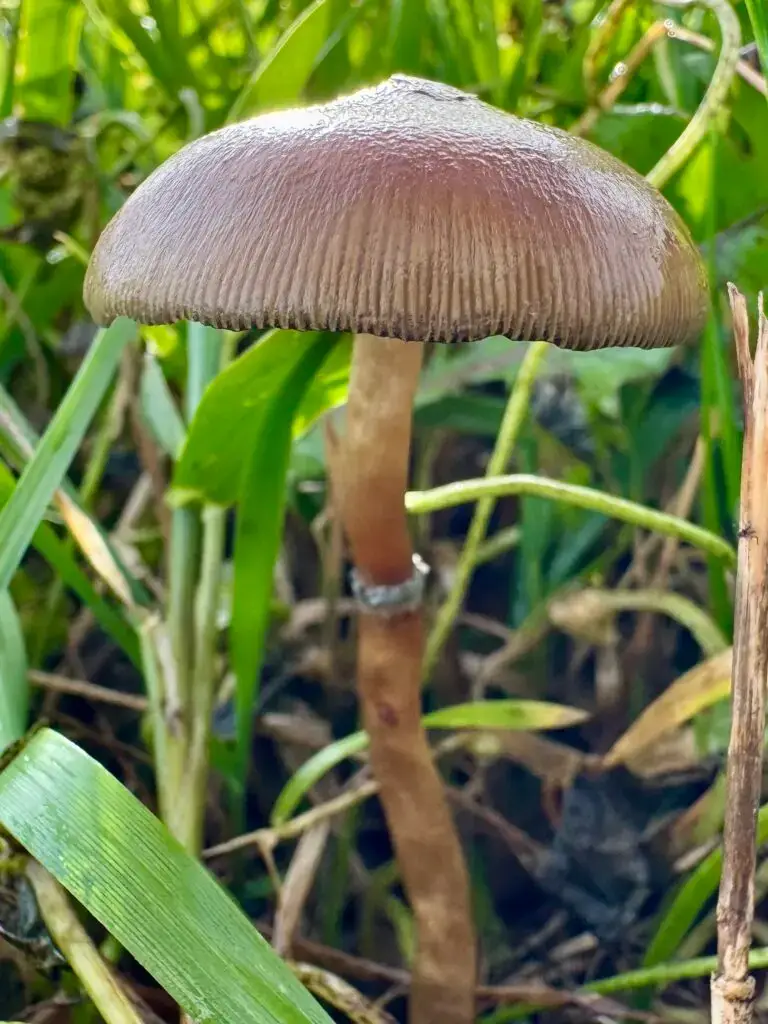
Among the many species studied within the Psilocybe genus, Psilocybe
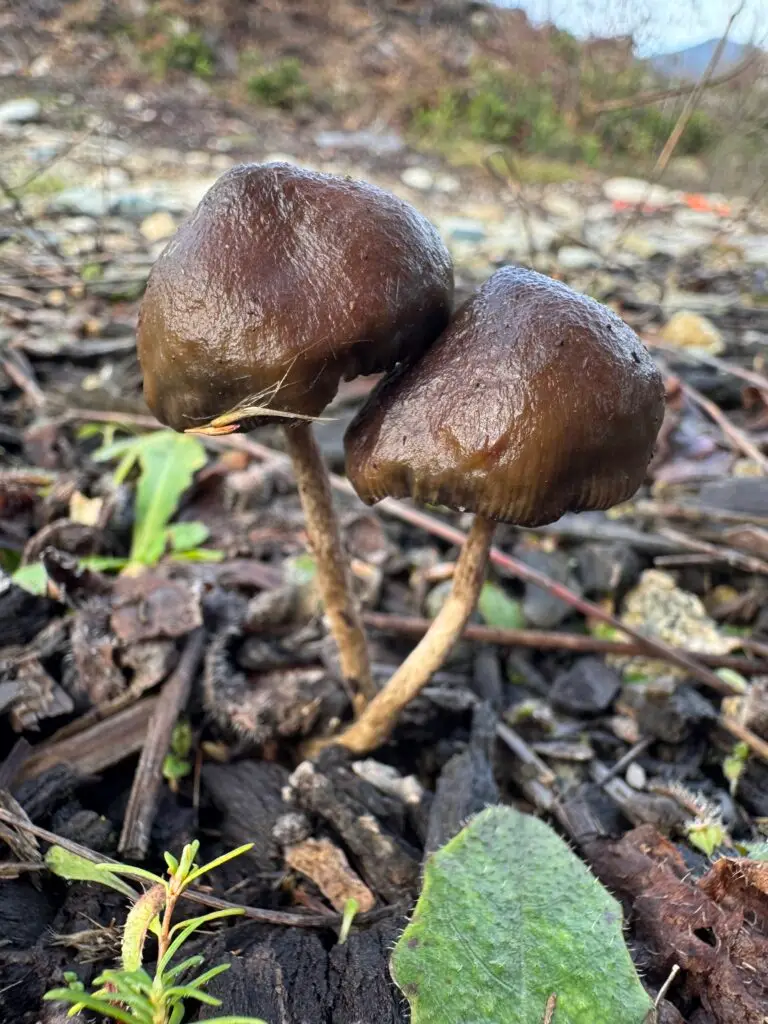
If you’re into mushroom microscopy, taxonomy, or the broader story
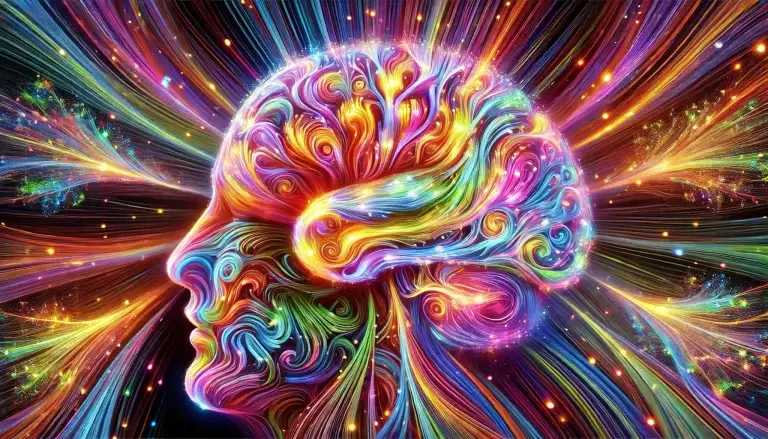
Microdosing Magic Mushrooms & Psilocybin: What’s Trending in 2025 In